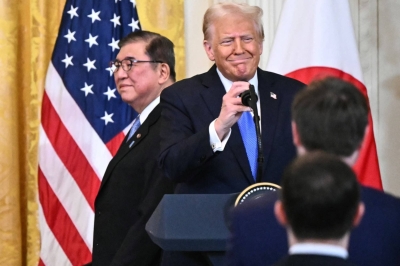U.S. President Barack Obama's speech on the ongoing popular uprisings in the Middle East, followed by Israeli Prime Minister Benjamin Netanyahu's recent visit to Washington, was intended to kick off a renewed effort to revive the Israeli-Palestinian peace process. Things are not turning out as planned.
Instead, Netanyahu took the opportunity of Obama's address to emphasize his own well-documented opposition to a two-state solution based on a return to the pre-1967 borders. He chose not to address either the issue of using those borders as a starting point for negotiations, or Obama's idea of land swaps (a very common element of international peace negotiations) as the means to get from that starting point to the end game.
Netanyahu's response to Obama's initiative signaled what has been apparent for some time: the complex regional process known as the Arab Spring, and the eve of a U.S. presidential election year, are difficult circumstances in which to try to re-start the peace process. As Netanyahu's statements suggested, the Israelis have some serious concerns: if the basic equation remains after all "land for peace," just who will their interlocutors be after the dust has settled in the Arab world?


















With your current subscription plan you can comment on stories. However, before writing your first comment, please create a display name in the Profile section of your subscriber account page.